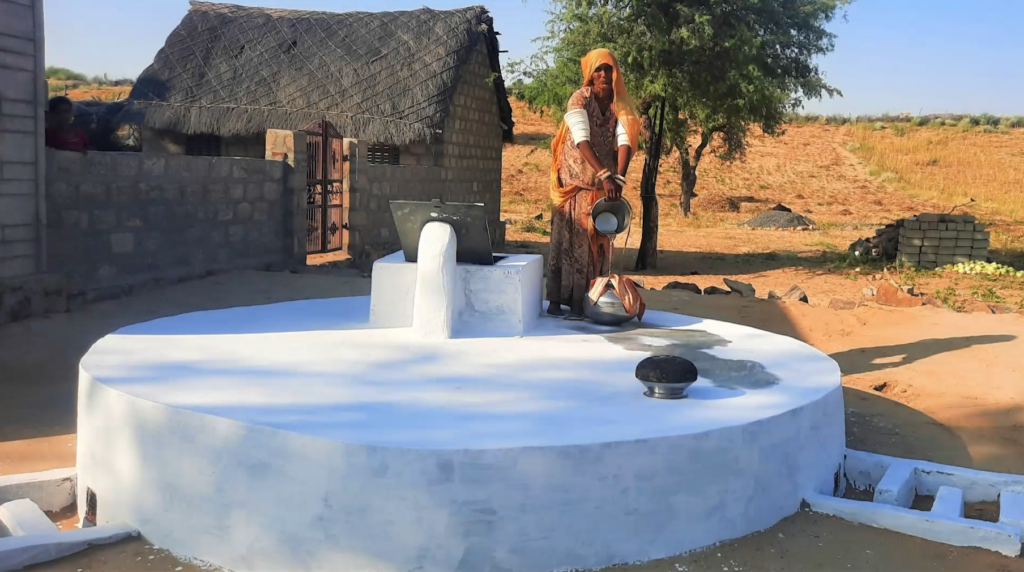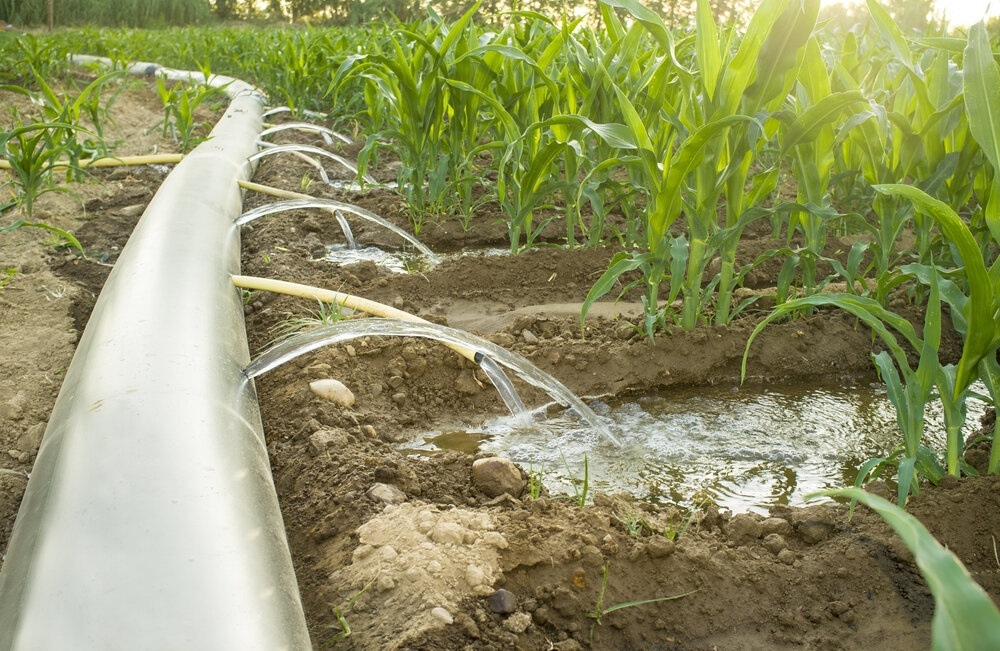
Water scarcity is an urgent challenge faced by many regions in India, particularly in arid states such as Rajasthan and Gujarat. With limited annual rainfall and increasing temperatures, the need for effective water storage solutions has become paramount. Here, we outline practical tips to enhance water storage, ensuring a sustainable supply for households and agriculture alike.
Rajasthan and Gujarat are characterized by their dry climate, with monsoon rains often being erratic and insufficient. This limited rainfall places significant pressure on both drinking water supplies and agricultural irrigation. Therefore, optimizing water storage methods is essential to manage this valuable resource efficiently.
Rainwater Harvesting
Rainwater harvesting is one of the most effective strategies for augmenting water supplies in these regions. This method involves collecting rainwater from rooftops and other surfaces and storing it for future use.
How to Implement Rainwater Harvesting:
Rooftop Systems: Install gutters and downspouts to channel rainwater into storage tanks. Ensure that the tanks are made of materials suitable for drinking water, such as food-grade plastic or concrete.
Design Considerations: Calculate the size of your storage tank based on your roof area and expected rainfall. A well-planned system can significantly reduce dependence on groundwater.
Constructing Check Dams and Pits
In rural areas, constructing check dams can be an effective way to capture rainwater and allow it to percolate into the ground. These small barriers slow down the flow of water, facilitating groundwater recharge.
Implementation Steps:
Identify Suitable Locations: Select areas where water naturally collects, such as small valleys or low-lying regions.
Community Involvement: Engage local communities in the construction process, fostering a sense of ownership and responsibility toward the water resource.
Soil Moisture Conservation
Maintaining soil moisture is crucial for agricultural productivity and can drastically reduce water needs. Implementing various soil conservation techniques can enhance moisture retention.
Effective Practices:
Mulching: Covering the soil with organic materials like straw, leaves, or grass can significantly reduce evaporation and keep the soil moist.
Contour Farming: Planting along the contours of the land helps reduce runoff and allows for better water absorption, ultimately promoting healthier crops.

Efficient Irrigation Methods
Agriculture is a major consumer of water in these states, so adopting efficient irrigation techniques is vital.
Recommended Techniques:
Drip Irrigation: This method delivers water directly to the plant roots through a network of tubes, minimizing waste and maximizing efficiency. It can reduce water usage by up to 60% compared to traditional methods.
Sprinkler Systems: Consider wind-resistant sprinkler systems that provide even coverage and are designed to minimize evaporation.
Water Recycling Initiatives
Recycling water can provide an additional supply, particularly for irrigation and non-potable uses.
Practical Approaches:
Greywater Systems: Install systems to collect and treat greywater from baths, sinks, and washing machines. This treated water can be reused for irrigation or toilet flushing.
Composting Toilets: These reduce water usage significantly by eliminating the need for water in flushing, thus conserving valuable resources.
Community Engagement and Education
Community initiatives can play a crucial role in promoting water conservation.
Effective Strategies:
Workshops: Organize educational workshops to teach community members about sustainable water management practices. Sharing knowledge can empower individuals to take action.
Water User Associations: Form groups to monitor local water use and develop collective strategies for conservation. Such collaboration can lead to more efficient water management.
Conclusion
The challenges of water scarcity in Rajasthan and Gujarat require immediate and effective solutions. By implementing these water storage tips—ranging from rainwater harvesting to community engagement—residents can significantly enhance their water security. These proactive measures not only ensure a reliable supply of water for personal and agricultural needs but also promote a sustainable future for these arid regions. Through collective effort and innovative practices, it’s possible to create a resilient water management system that benefits both current and future generations.


